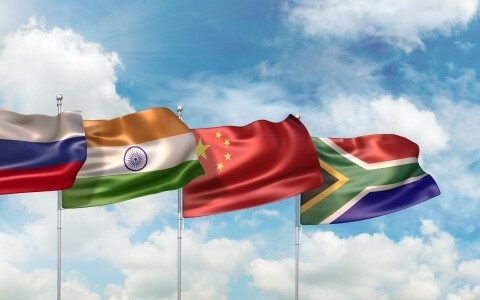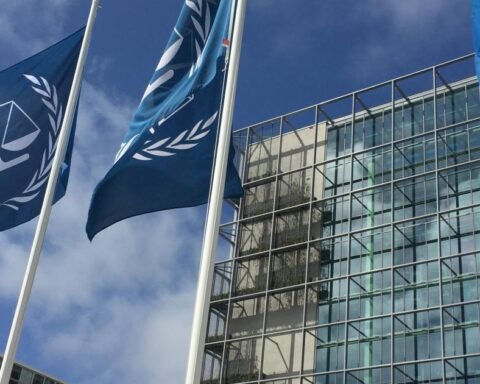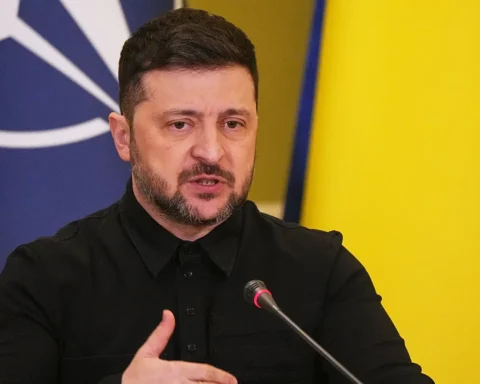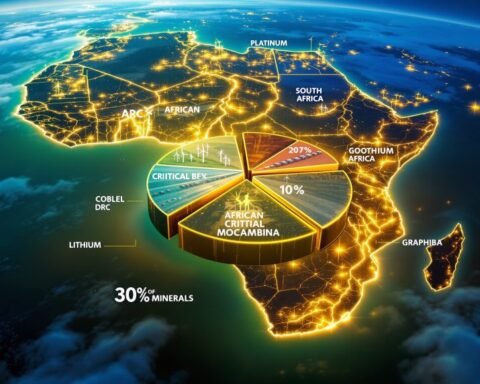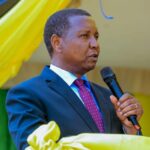Former President Joseph Kabila has fiercely condemned what he called a deliberate move to destroy political opposition in the country, following a Senate vote that lifted his legal immunity — a privilege typically granted to former heads of state in the Democratic Republic of the Congo (DRC).
The decision has sparked strong reactions from across the political spectrum and further raised concerns about the state of democracy in the Central African nation. The Senate’s move now paves the way for Kabila to face charges that include treason, war crimes, and alleged ties to insurgent militias operating in the country’s troubled east.
Kabila, who ruled the DRC from 2001 to 2019, responded to the vote with defiance. “This is nothing short of a political witch hunt,” he said during a press conference in Kinshasa, the country’s capital. “These accusations are fabricated and aim to silence me and others who dare speak against this administration.”
The charges stem from reports that Kabila has links to the M23 rebel group, an armed faction active in the North Kivu province near the Rwandan border. The group has been accused of human rights abuses and has intensified its presence in mineral-rich territories—particularly in areas rich in cobalt, a key component in global battery production.
Justice Minister Constant Mutamba presented the charges, citing intelligence reports that allegedly show Kabila provided financial support and logistical backing to M23 to destabilize the government led by President Félix Tshisekedi.
Also Read; DR Congo Senate Strips Kabila’s Lifetime Legal Immunity
Kabila maintains that his recent visit to Goma, the capital of North Kivu, was aimed at understanding the ongoing conflict and promoting peace. “I have always stood for the sovereignty of this country,” he said, “not its division.”
Analysts warn that the legal battle against Kabila could worsen political divisions ahead of the 2028 elections. His party, the People’s Party for Reconstruction and Democracy (PPRD), has called the Senate vote “a constitutional ambush” and accused the Tshisekedi government of authoritarian tendencies.
The DRC’s eastern region remains volatile, with over 7 million people displaced due to ongoing violence between armed groups and national forces. The United Nations and African Union have both expressed concern over the legal and political developments in the DRC, calling for judicial independence and due process.
The international community is watching closely. If a trial proceeds, it could set a controversial precedent in the DRC—either for justice or for the erosion of democratic norms.


